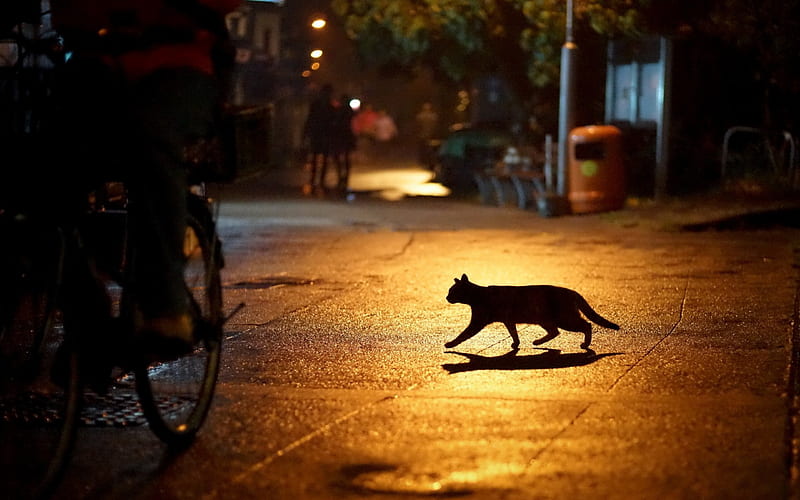Filipino Superstitions In A Nutshell
By Lhiera Nicole Trinidad and Clariene Caburnay
 |
| PHOTO: hoppler.com.ph |
Who would’ve thought that in order to live longer, all you gotta do is to eat pansit?
Filipinos are known to be compliant in everything they hear, see or witness. In fact, because of the Philippines' long history of colonization that strongly influenced its culture and traditions, it also affected how a modern Pinoy acts and thinks. Thanks to the superstitions or pamahiin that Filipinos take to heart. From an anitism pre-colonial past to a dramatic conversion to Christianity, the Philippines surely has very interesting and diversified beliefs that made their way in the modern world. How about you, which superstitions below do you practice up until now?
Make “pagpag” after attending a wake
“Pagpag” or shaking off of dirt in this context means going elsewhere after attending a wake before heading home to shake off the spirit of the deceased lest it follows you home.
Black cats are a no-no
One of the oldest and most enduring pamahiin is that crossing paths with a dark-colored feline will bring bad luck and death to the person it crossed paths with.
“You shouldn’t sweep after sunset.”
This is a common superstition where people are not allowed to sweep the house after sunset so as to avoid sweeping away luck.
Be careful when showing affection to babies
Referred to as either “bati” or “usog”, this belief states that when a person with strong energy greets a child, the child may soon experience discomfort such as nausea. However, there’s a way to counter this, you must say “pwera usog” when showing fondness over a child, or, smear your saliva to the child’s forehead and stomach. Uhm, eeew.
Do not take a picture when there are only three of you
It’s believed that when three people take a picture, the person in the middle will die. Another is that when you take a picture, and someone appears headless, that person will soon die because of an accident.
When something is missing, blame the elves
“Duwende” or elves are tiny creatures that are mischievous and playful. People believe that when items around the house go missing and reappear, it’s because the elves liked it and played with it. Aside from being naughty, these little creatures are mostly harmless– unless you encounter the one that takes children.
Knock on wood. Otherwise, you’re about to jinx what you’ve spoken
While there has never been a concrete basis to support this, it is widely accepted that in order to counter or prevent a stroke of bad luck, knocking on wood is a must.
If lost, wear your clothes in reverse
Have you ever had the impression that you were just going in circles and on the same path? Superstition has it that mythical creatures are playing tricks on you. Wearing your clothes in reverse comes in handy to confuse and mislead creatures from toying you when wandering in their territory.
“May kinakasal na tikbalang!”
This is a recurring line from Filipinos whenever it’s raining while the sky is clear. They see it as a sign that a pair of “tikbalang”—half-horse, half-man—are getting married somewhere.
The lengthier the pansit piece you consume, the longer your life will be
Including pansit at birthday celebrations is not a brand new thing. In fact, on every birthday in a Filipino household, pansit is seen in the banquet because of the belief that it represents long life.
Try-on will lead to a “Bye, Hon.”
Avoid wearing your wedding attire before the actual wedding day. According to elders, it is unlucky and will likely result in your wedding not taking place at all.
“Tabi tabi po.”
This is a customary remark that is not commonplace in the Philippines. This is uttered when traversing past the boundaries of mythical creatures to let them know that you are merely passing through and have no ill intentions.
It is fairly amusing to be in a country full of unorthodox ideas. To all intents and purposes, these superstitions have reached their pinnacle. It is engraved with our identity, embellishing our traditions and culture. You may or may not be one of the people who engage in such a train of mentality, but the real point lies in the fact that if these beliefs are harmful and somewhat dismissive, plaguing the truth in the process.
Now, do you have what it takes to remain rational and objective under necessary conditions?

:max_bytes(150000):strip_icc():format(webp)/VISITATION-56a274ef5f9b58b7d0cabed4.jpg)









